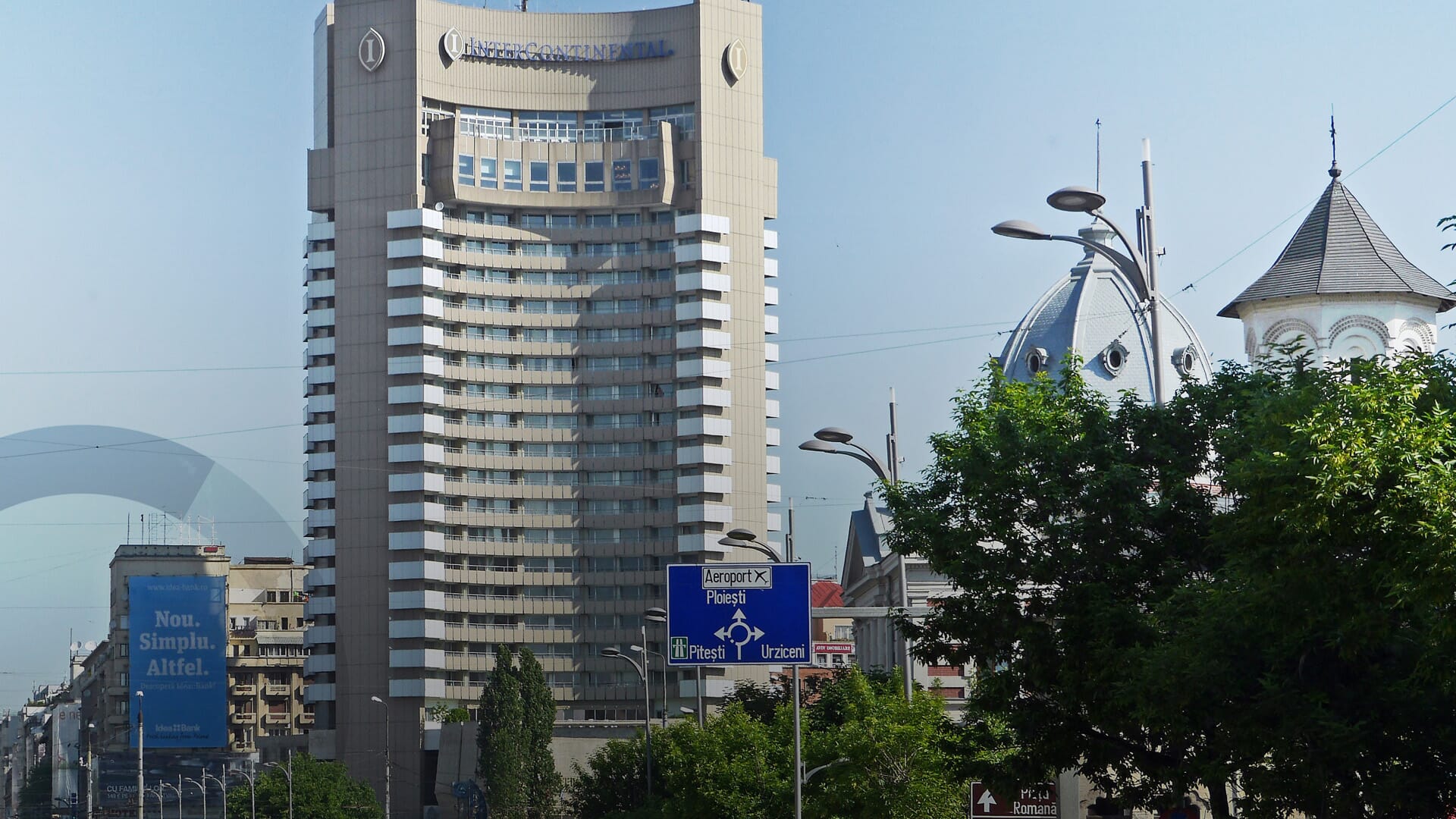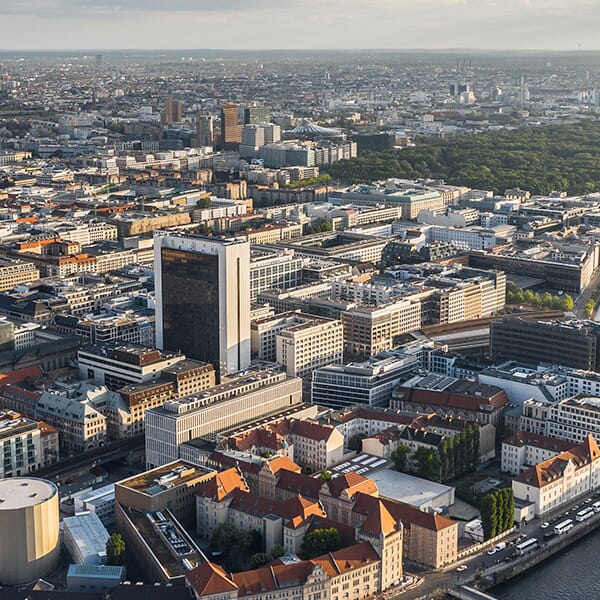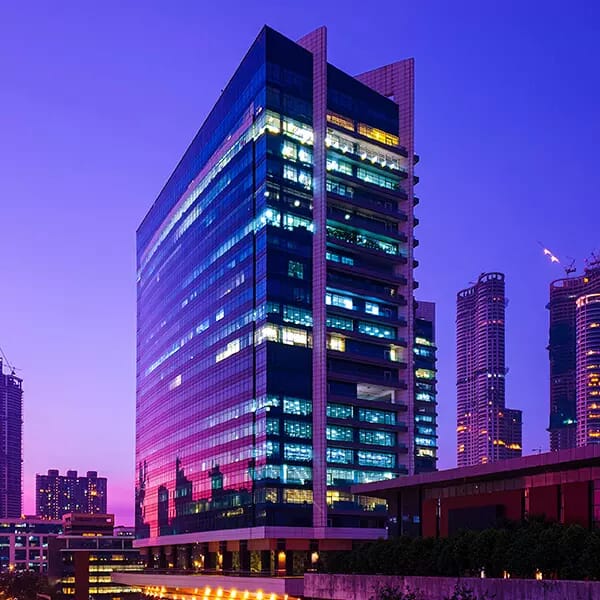 No attribution required
No attribution requiredCEE and Portugal lead way in Europe’s emerging hotel markets
Europe’s top 20 tourism growth markets include Portugal and CEE, according to a Savills’ outlook for European hotels.
March 15, 2019Real Estate
Portugal’s main cities, Lisbon and Porto, stand out amongst the top 20 European tourism growth markets over the last three years, as identified in Savills’ recently published European Hotel Trends Outlook 2019. Savills has charted Europe’s top cities by means of airport passenger growth, benchmarked against travel-related Google searches to gauge levels of interest in those cities. Amongst European cities, Porto has experienced the greatest increase in passenger volumes, which have expanded by 15.9% on average per annum between 2014 and 2017, while Lisbon has experienced by far the greatest increase in Google searches, with an average annual increase of c. 18% between 2015 and 2018. “Lisbon’s interest levels continue to excel,” states the Savills report, “with a recent run of international events resulting in strong year-end RevPAR growth in 2018 - particularly convincing off the back of the 21.8% growth experienced in 2017.”
The emergence of European hotel markets like Portugal, according to Savills’ report, has been helped by a change in consumer spending habits, leaning more heavily now in favour of experiences. Holiday makers are travelling more frequently across Europe, eager to explore new destinations, which is helping boost a number of emerging tourism markets “while opening extensive hotel investment opportunities along the way.” Besides Portugal, CEE markets stand out: Budapest and Bucharest each have “rapidly advancing tourism markets matched with substantial RevPar growth in 2018.” Prague also ranks highly, although “a particularly strong year in 2017 and extensive hotel stock has created marginal softening in 2018 RevPAR growth,” states Savills.
Although Paris does not feature in the top 20 European tourism growth markets, its double digit RevPAR growth in 2018 is regarded as a “significant recovery following the terrorist attacks of 2016.” Other cities that have bounced back from security events include Brussels and Istanbul, the latter helped by the partial, official opening of its new airport in October 2018; Istanbul Airport is scheduled to become fully operational in April 2019.
In search of higher yields
Paris is where prime leased hotel yields are keenest, at 3.5%, according to Savills research; sustained high levels of investment in 2018 have also kept yields keen in mature markets such as London, Amsterdam and Frankfurt. However, for those investors looking for higher relative yields, emerging tourist markets have become increasingly attractive. In particular, leased hotel yields in Dublin are 75bps higher than those in Paris: “This is against a backdrop where Dublin has been one of the strongest RevPAR growth cities across Europe over recent years, helped by a very constrained development pipeline.”
Investment activity has been strong in Dublin, in Spain (although yields have softened in Barcelona, as investor sentiment has weakened amid political instability and security threats) and in Portugal, where the investment outlook remains strong and where new legislation to facilitate REITs will potentially drive future investment demand. Further afield, in smaller emerging cities across Europe, it is noted that growth in tourism is driving stock growth, which in turn is enticing global brands into those markets: “a growing presence of global brands will help to improve the appeal of these cities to investors, while also increasing acquisition opportunities.”
Hospitality and hotels will be discussed further at GRI Hospitality Europe 2019 in Paris on 11-12 September.
The emergence of European hotel markets like Portugal, according to Savills’ report, has been helped by a change in consumer spending habits, leaning more heavily now in favour of experiences. Holiday makers are travelling more frequently across Europe, eager to explore new destinations, which is helping boost a number of emerging tourism markets “while opening extensive hotel investment opportunities along the way.” Besides Portugal, CEE markets stand out: Budapest and Bucharest each have “rapidly advancing tourism markets matched with substantial RevPar growth in 2018.” Prague also ranks highly, although “a particularly strong year in 2017 and extensive hotel stock has created marginal softening in 2018 RevPAR growth,” states Savills.
Although Paris does not feature in the top 20 European tourism growth markets, its double digit RevPAR growth in 2018 is regarded as a “significant recovery following the terrorist attacks of 2016.” Other cities that have bounced back from security events include Brussels and Istanbul, the latter helped by the partial, official opening of its new airport in October 2018; Istanbul Airport is scheduled to become fully operational in April 2019.
In search of higher yields
Paris is where prime leased hotel yields are keenest, at 3.5%, according to Savills research; sustained high levels of investment in 2018 have also kept yields keen in mature markets such as London, Amsterdam and Frankfurt. However, for those investors looking for higher relative yields, emerging tourist markets have become increasingly attractive. In particular, leased hotel yields in Dublin are 75bps higher than those in Paris: “This is against a backdrop where Dublin has been one of the strongest RevPAR growth cities across Europe over recent years, helped by a very constrained development pipeline.”
Investment activity has been strong in Dublin, in Spain (although yields have softened in Barcelona, as investor sentiment has weakened amid political instability and security threats) and in Portugal, where the investment outlook remains strong and where new legislation to facilitate REITs will potentially drive future investment demand. Further afield, in smaller emerging cities across Europe, it is noted that growth in tourism is driving stock growth, which in turn is enticing global brands into those markets: “a growing presence of global brands will help to improve the appeal of these cities to investors, while also increasing acquisition opportunities.”
Hospitality and hotels will be discussed further at GRI Hospitality Europe 2019 in Paris on 11-12 September.







